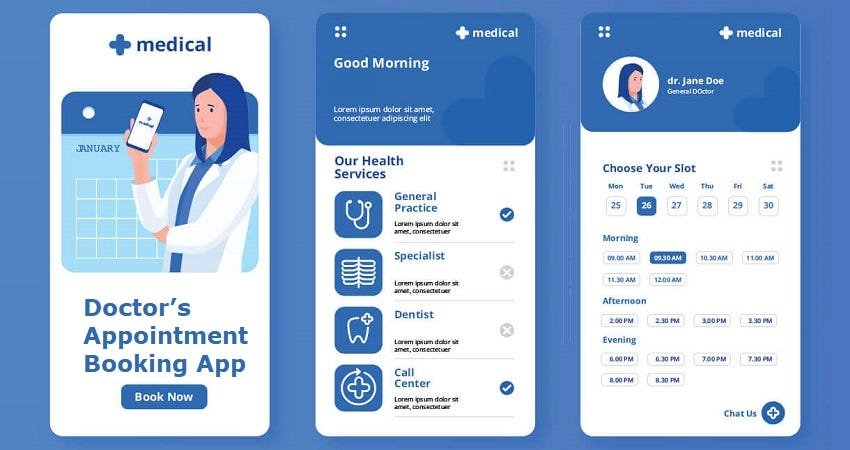As digital healthcare continues to evolve, ensuring cybersecurity has become a critical priority. Protecting patient data, maintaining confidentiality, and securing telehealth solutions are essential in preventing cyber threats that could compromise sensitive medical information.
One of the primary concerns in digital healthcare is data privacy. Electronic health records, telemedicine platforms, and patient portals store vast amounts of confidential data. Strong encryption protocols, multi-factor authentication, and access control measures are necessary to prevent unauthorized access and data breaches.
Maintaining patient confidentiality is crucial for trust in digital healthcare services. Strict compliance with data protection laws such as HIPAA and GDPR ensures that medical institutions follow standardized security practices. Healthcare providers must implement robust cybersecurity training programs to educate staff on recognizing phishing attacks, password security, and secure data handling.
Securing telehealth solutions is another essential aspect of cybersecurity in healthcare. Virtual consultations, online prescriptions, and remote monitoring systems must be protected against cyberattacks. End-to-end encryption and secure data transmission protocols ensure that sensitive conversations and medical data remain protected from breaches.
By implementing strong cybersecurity measures, healthcare providers can protect patient information, build trust, and ensure the seamless operation of digital healthcare services. As cyber threats continue to evolve, continuous monitoring, regular security updates, and proactive risk management are crucial in safeguarding digital healthcare ecosystems.
Powered by Froala Editor




